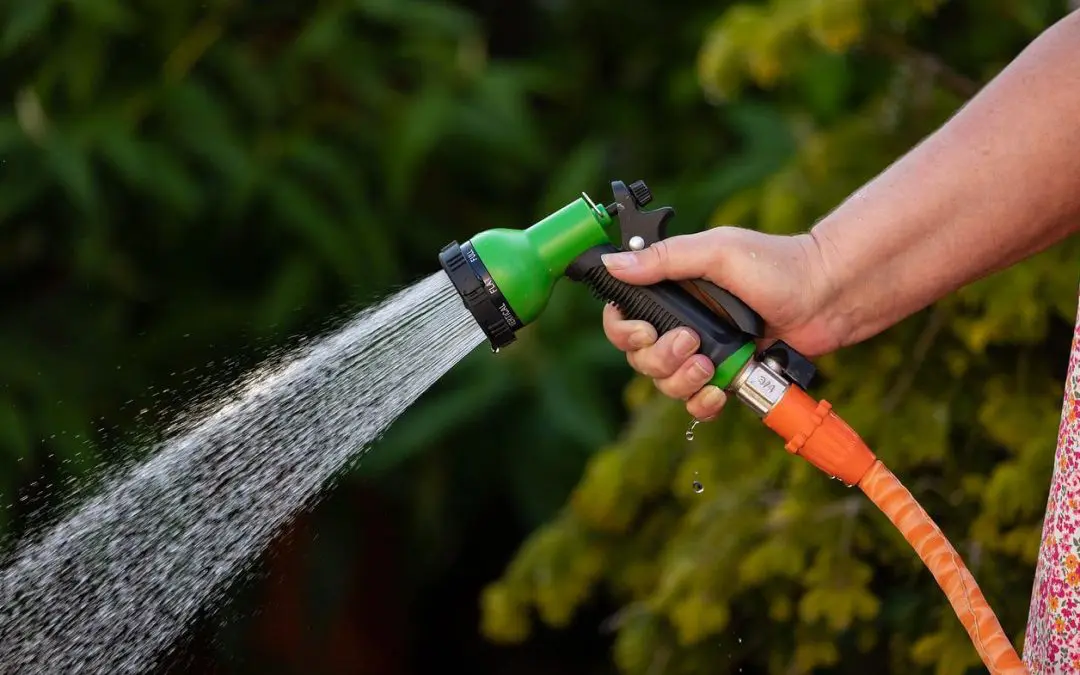Maintaining a backyard garden is one of the most enjoyable parts of summer, as you can harvest fresh produce all season long. While some plants thrive in the heat and humidity, others wilt and die as the temperatures rise. Here are tips to prepare for heat waves and help your garden survive summer.
Plan Ahead to Help Your Garden Survive Summer
Parts of the yard may have radically different levels of sun exposure. Monitor the conditions outside over a few weeks to determine where your garden gets the hottest and what areas have the most shade. Plant each crop in an appropriate spot for how much sunlight it needs and how much heat it will tolerate. Only plants that love heat, like peppers and cucumbers, should be planted in the full afternoon sun.
Support Young Trees and Small Plants
Hot, dry wind may uproot fragile plants and cause unnecessary stress for others. Give climbing plants trellises to support their vining habits and protect fruit as it grows. Tie simple wooden dowels to the stems of delicate plants or use them as supports for heavier vegetables. To help your garden survive summer, water deeply during the early morning hours before the sun evaporates the moisture.
Pay Extra Attention to Container Plants
Containers are a unique and versatile way to grow plants if you have poor soil quality or need to move plants around during the day. Containers make it easier to help your garden thrive because you can move them into a shaded area or the garage on a hot day. However, containers also mean the plants are more affected by heat.
The soil protects plants in the ground because the roots extend into the cool earth. Container plants absorb heat on every side, so they need water more frequently to keep them healthy and thriving during heat waves.
Help Your Garden Survive Summer with Shade
Sometimes temperatures are higher than predicted, and you need a quick fix to help your garden thrive. Temporary shade eases the worst of the heat and sunlight. A portable canopy or patio umbrella will shelter a few plants or garden beds. Move container plants into a shady part of the lawn or indoors. Install a shade cloth to cover vulnerable plants on your deck or patio.
Buyer’s Edge provides inspections to buyers and sellers in Western North Carolina. Contact us to request our services.

